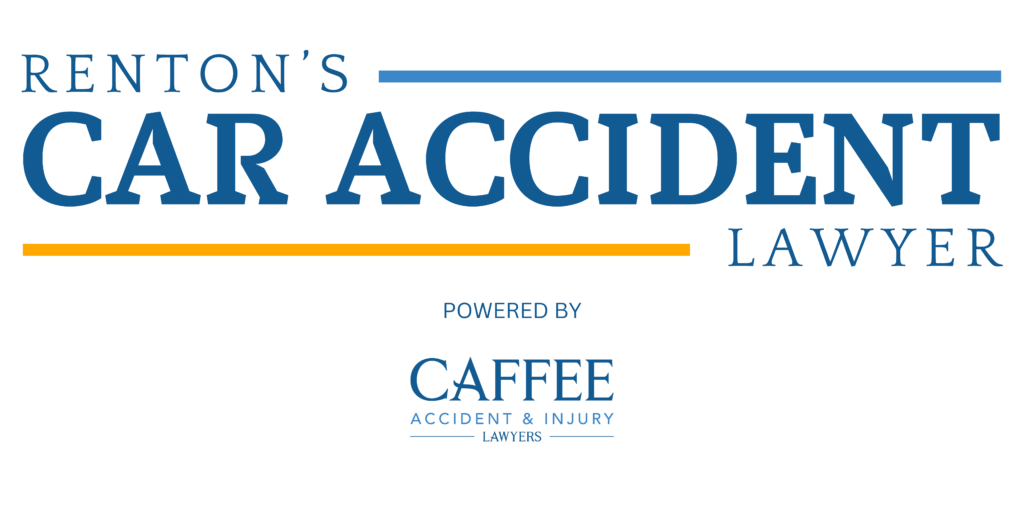What Insurance Do You Really Need in Washington State if You Get in a Car Crash?
Let’s be real—no one plans on getting into a car crash. But accidents happen, and when they do, having the right insurance can make all the difference. If you’re driving in Washington State, you’ve probably wondered what insurance you really need to protect yourself in case the unexpected happens.
In this blog, we’re going to break down the different types of insurance you should consider and why they matter. We’ll keep it simple and straightforward, so you can feel confident that you’re covered if you ever find yourself in a fender bender—or worse.
- Liability Insurance: The Bare Minimum
Mandatory Coverage
First up, let’s talk about liability insurance. In Washington State, this is non-negotiable—it’s required by law. Liability insurance kicks in if you’re at fault in an accident and someone else gets hurt or their property is damaged.
Here’s what it covers:
- Bodily Injury Liability (BIL): This takes care of the medical bills and other expenses if you injure someone in an accident.
- Property Damage Liability (PDL): This covers the cost of fixing or replacing someone else’s property (like their car) that you damaged in the accident.
Washington State Minimum Requirements:
- $25,000 for injuries or death to one person per accident.
- $50,000 for injuries or death to two or more people per accident.
- $10,000 for property damage per accident.
While these are the minimums, it’s worth considering a bit more coverage to avoid paying out of pocket if things get really serious.
- Personal Injury Protection (PIP): Your Safety Net
Optional but Worth It
Personal Injury Protection, or PIP, isn’t required in Washington State, but it’s a smart add-on. PIP covers your medical bills, lost wages, and other related costs no matter who’s at fault in the accident. It’s like having a safety net for you and your passengers.
Here’s why PIP is a good idea:
- Medical Coverage: PIP pays for your medical expenses if you’re injured in a crash.
- Lost Wages: If you’re too hurt to work, PIP can help cover your lost income.
- Extra Expenses: It can also cover things like rehab costs or even funeral expenses if the worst happens.
PIP can really come in handy, especially if the other driver’s insurance isn’t enough to cover all your costs.
- Uninsured/Underinsured Motorist Coverage (UM/UIM): Protection Against the Uninsured
Optional but Essential
Unfortunately, not everyone on the road is insured—or they might not have enough insurance. That’s where Uninsured/Underinsured Motorist Coverage (UM/UIM) comes in. This coverage steps in if you’re hit by someone who doesn’t have insurance or doesn’t have enough to cover your damages.
Why you might want UM/UIM:
- Uninsured Motorist Coverage: Protects you if the at-fault driver has no insurance.
- Underinsured Motorist Coverage: Helps when the other driver’s insurance isn’t enough to cover your damages.
With so many drivers out there skimping on insurance, UM/UIM can save you from a major financial headache.
- Collision Coverage: For Your Car’s Repairs
Optional
Collision coverage pays to repair or replace your car if it’s damaged in an accident, no matter who’s at fault. While it’s not required by law, it’s often required if you’re financing or leasing your vehicle.
Why it’s worth considering:
- Covers Repairs: Collision coverage means you’re not stuck with a huge repair bill after a crash.
- Peace of Mind: It’s nice to know you won’t be left scrambling to fix your car if something happens.
- Comprehensive Coverage: Beyond Just Crashes
Optional
Comprehensive coverage goes beyond accidents—it covers damage to your car from things like theft, vandalism, or natural disasters. Like collision coverage, it’s usually required if you’re financing or leasing your vehicle.
What it covers:
- Theft and Vandalism: If your car gets stolen or vandalized, comprehensive coverage has you covered.
- Natural Disasters: Protects against damage from things like floods, fires, or falling trees.
Comprehensive coverage is great if you want to be protected against more than just crashes.
- Gap Insurance: A Lifesaver for New Cars
Optional but Smart
If you owe more on your car than it’s currently worth, gap insurance is a must-have. This coverage pays the difference between what you owe on your car loan and what your car is worth if it’s totaled in an accident.
Who should get gap insurance:
- New Car Owners: If you just bought a new car, it loses value quickly. Gap insurance can cover that gap.
- Leasing a Car: It’s often required by lenders if you’re leasing your vehicle.
When it comes to car insurance in Washington State, having the right coverage can make all the difference if you’re involved in a crash. While liability insurance is the bare minimum, adding extra protections like PIP, UM/UIM, collision, comprehensive, and gap insurance can give you peace of mind and save you from major financial stress.
Not sure if you’re fully covered? Caffee Accident & Injury Lawyers are here to help. We can review your coverage and make sure you’re protected no matter what happens on the road.
Have questions about your car insurance coverage? Or been in a crash and need help navigating your insurance claim? Contact Caffee Accident & Injury Lawyers today for a free consultation—we’re here to help you every step of the way.

